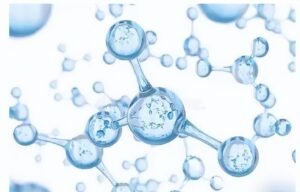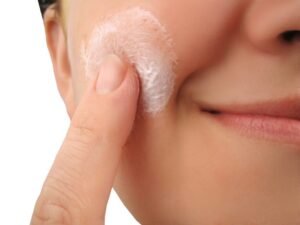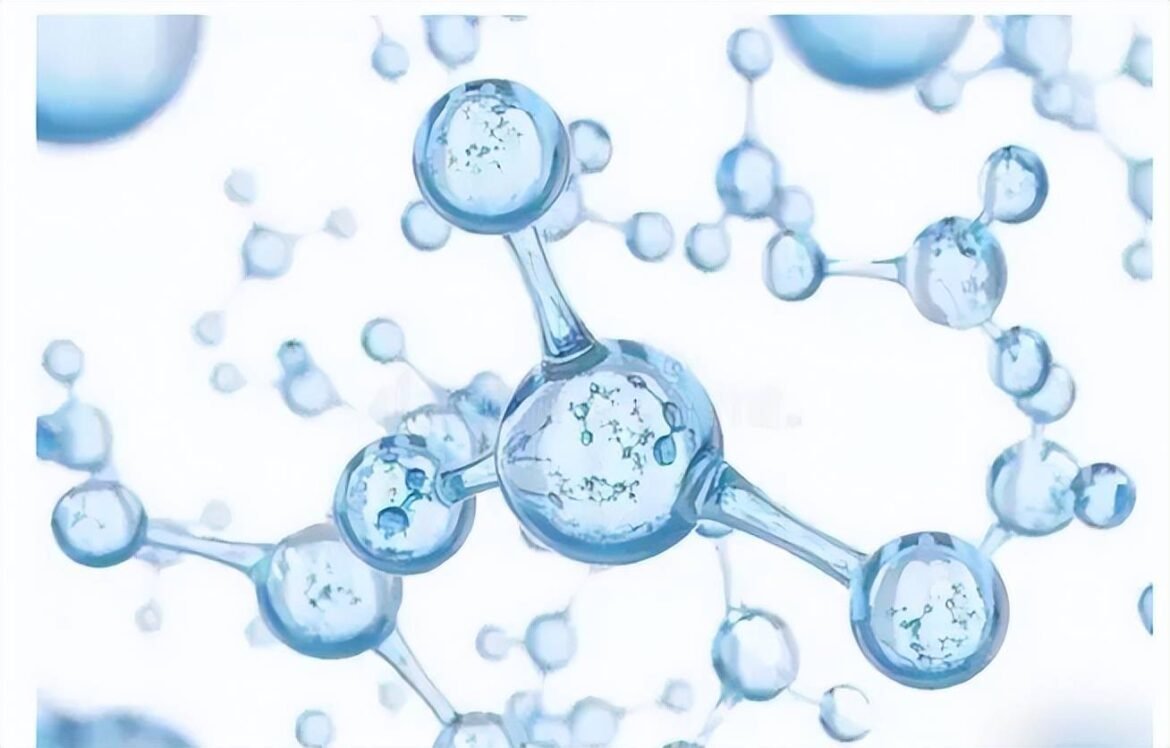Niacinamide is well researched for its versatility in skincare. Scientific studies have shown that it can reduce the appearance of hyperpigmentation, fine lines, and acne, so scientists and dermatologists have no reservations standing behind this star ingredient.

What is niacinamide?
This multifunctional ingredient is a water-soluble derivative of niacin or vitamin B3. “Vitamin B3 is one of eight vitamins in the vitamin B complex,” says Brendan Camp, M.D., double board-certified dermatologist and dermatopathologist at Medical Dermatology & Cosmetic Surgery in New York City. “They are essential vitamins, meaning the body does not make them or does not make enough to be sufficient and an outside source of vitamin B is needed.”
Cells in our body and skin need niacinamide to make cofactors necessary for keeping cells functioning properly and for carrying out various processes that occur in our body (like metabolism and damage repair). Although the exact mechanism by which niacinamide works in the skin is not fully understood, several studies have shown clinical benefits when applied topically.

What are the benefits of niacinamide in skincare?
“Niacinamide has the potential to improve your skin in more than one way,” explains Dr. Camp. “It is commonly used in skin care for its anti-inflammatory and brightening benefits [and] has been shown to soothe the skin and even out hyperpigmentation,” says Joshua Zeichner, M.D., Director of Cosmetic and Clinical Research in Dermatology at the Mount Sinai Hospital in New York City
Here’s what niacinamide is great for:
- Brightening. “Niacinamide is typically used in patients who have sensitive skin and for those with aging skin and dark spots,” says Dr. Zeichner. That’s because niacinamide is thought to block the enzyme responsible for melanin (or pigmentation) production and improve the appearance of skin tone: A clinical study published in the British Journal of Dermatology showed that a 5% niacinamide moisturizer applied twice daily for two weeks significantly improved hyperpigmentation. This shows that niacinamide has the potential of brightening skin better than the same moisturizer without it.
- Anti-aging. As we age, the production of proteins like collagen (which is essential to keeping skin plump and smooth) decreases. This reduction can lead to visible wrinkles and loss of firmness. Niacinamide is thought to slow down the appearance of wrinkles by increasing the production of collagen. A clinical study published in the Dermatologic Surgery Journalrevealed that twice-daily use of 5% niacinamide moisturizer reduced the appearance of wrinkles significantly at 8 weeks and improved skin elasticity significantly at 12 weeks.
- Improving acne. Dr. Camp says niacinamide “may help reduce oil production,” and a study in the International Journal of Dermatology indeed showed that a 4% niacinamide gel used twice daily significantly decreased acne in 8 weeks.
- Lessening rosacea. Niacinimade “may help the barrier function of the skin, which is important in rosacea skin because it is easily susceptible to irritation,” says Dr. Camp. Skin lipids (such as ceramides) are responsible for maintaining the barrier function of the skin and keeping it hydrated. It has been suggested that niacinamide increases the production of ceramides, preventing water loss in dry, compromised skin.

-
Are there any side effects of niacinamide?
“Because niacinamide is an essential vitamin that your body needs, it is probably safe for most skin types,” says Dr. Camp. “Remember that it can help reduce sebum production in those with oily skin and help skin retain moisture in those with dry skin,” adding, “It is generally well-tolerated, so can be used by people with more sensitive skin.” Dr. Zeichner agrees: “Niacinamide is a mild ingredient and can be used across all skin types without any issue.”
How should I use niacinamide?
This vitamin B3 derivative is typically formulated into leave-on products like serumsand creams and is best used twice per day for these reported benefits. “It can also be combined with other products that soothe and brighten skin, and is commonly paired with ingredients like hyaluronic acid,” says Dr. Zeichner.

